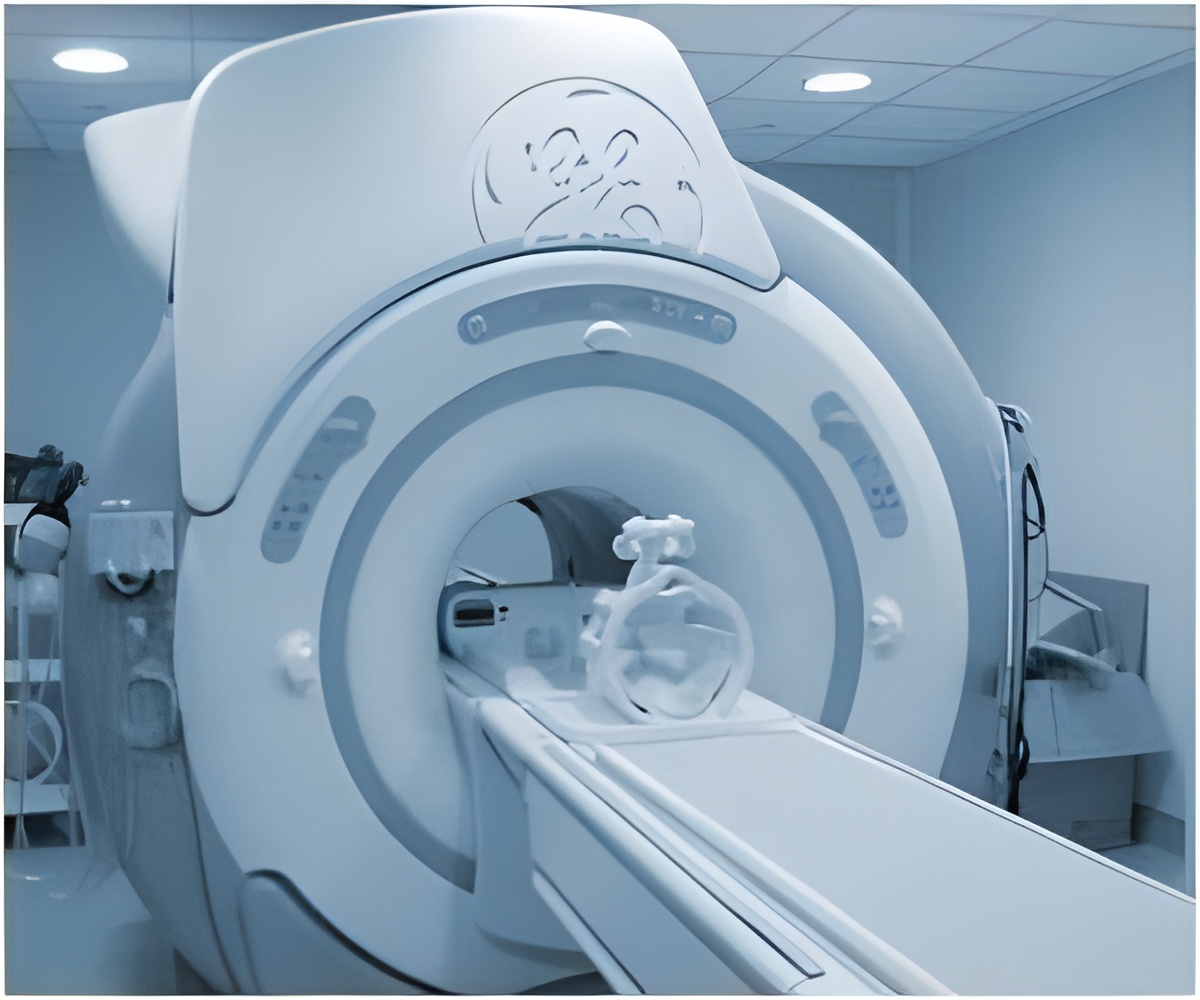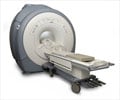
Anurag N. Malani, M.D., of St. Joseph Mercy Hospital, Ann Arbor, Mich., and colleagues conducted a study to determine if patients who had not presented for medical care but who had received contaminated methylprednisolone developed spinal or paraspinal infection at the injection site detected using contrast-enhanced MRI screening. There were 172 patients who had received an injection of methylprednisolone from a highly contaminated lot at a pain facility but had not presented for medical care related to adverse effects after the injection. Screening MRI was performed between November 2012 and April 2013.
Of the 172 patients screened, 36 (21 percent) had an abnormality in their MRI. Thirty-five of the 36 patients with abnormal MRIs met the Centers for Disease Control and Prevention (CDC) case definition for probable (17 patients) or confirmed (18 patients) fungal spinal or paraspinal infection. All 35 patients were treated with antifungal agents; 24 required surgical intervention.
"At the time of surgery, 17 of 24 patients (71 percent), including 5 patients who denied having symptoms, had laboratory evidence of fungal infection," the authors write.
Data were obtained from 115 patients regarding the presence of new or worsening back or neck pain, radiculopathy, or lower-extremity weakness Thirty-five of the 115 patients (30 percent) had at least 1 of these symptoms.
"Our findings support obtaining contrast-enhanced MRI of the injection site in patients with persistent back pain even when their pain disorder has not worsened," the researchers write. "A proactive outreach to patients receiving injections from a highly contaminated lot, especially lot No. 06292012@26, is needed. Magnetic resonance imaging may detect infection earlier in some patients, leading to more efficacious medical and surgical treatment and improved outcomes," the researchers conclude.
Advertisement











